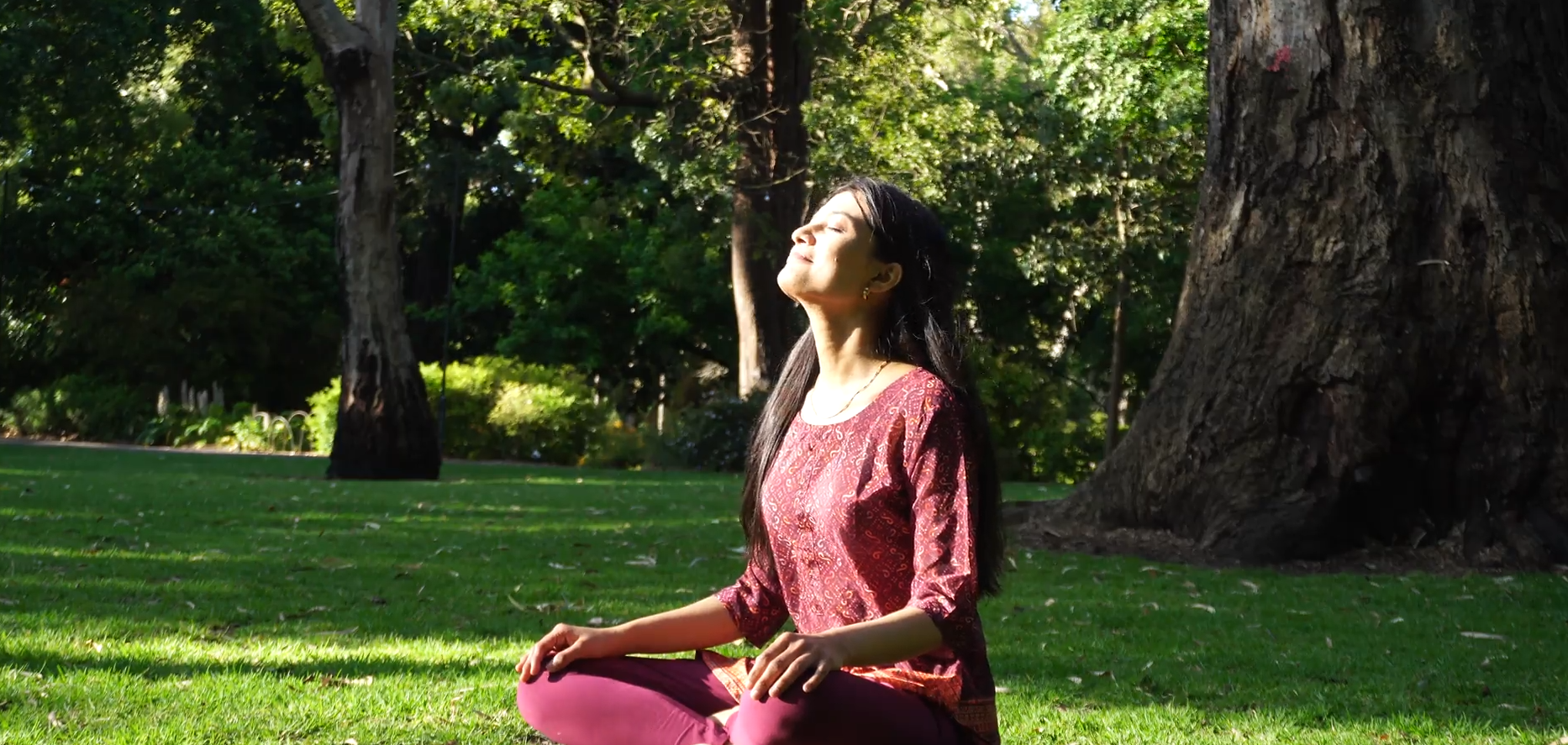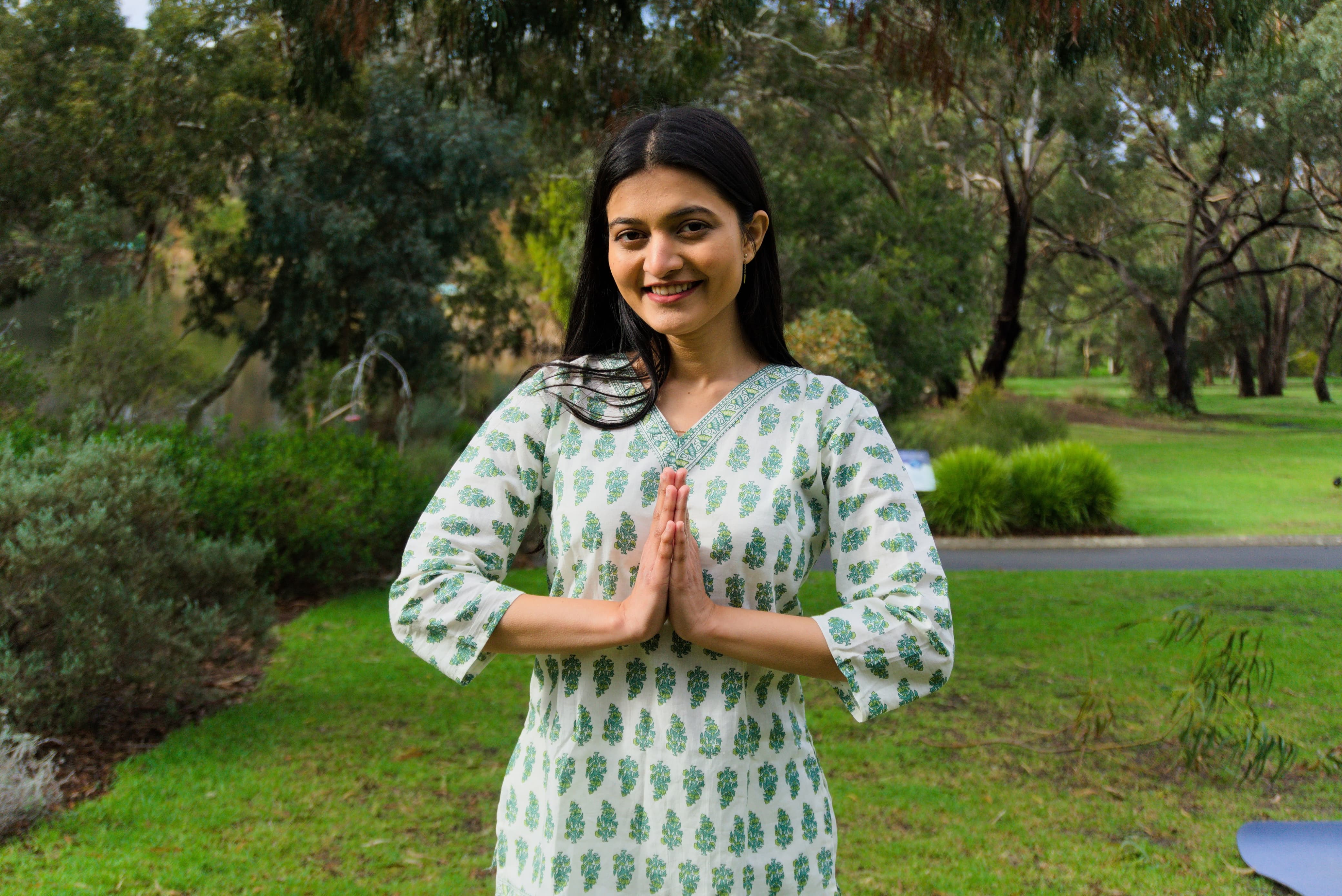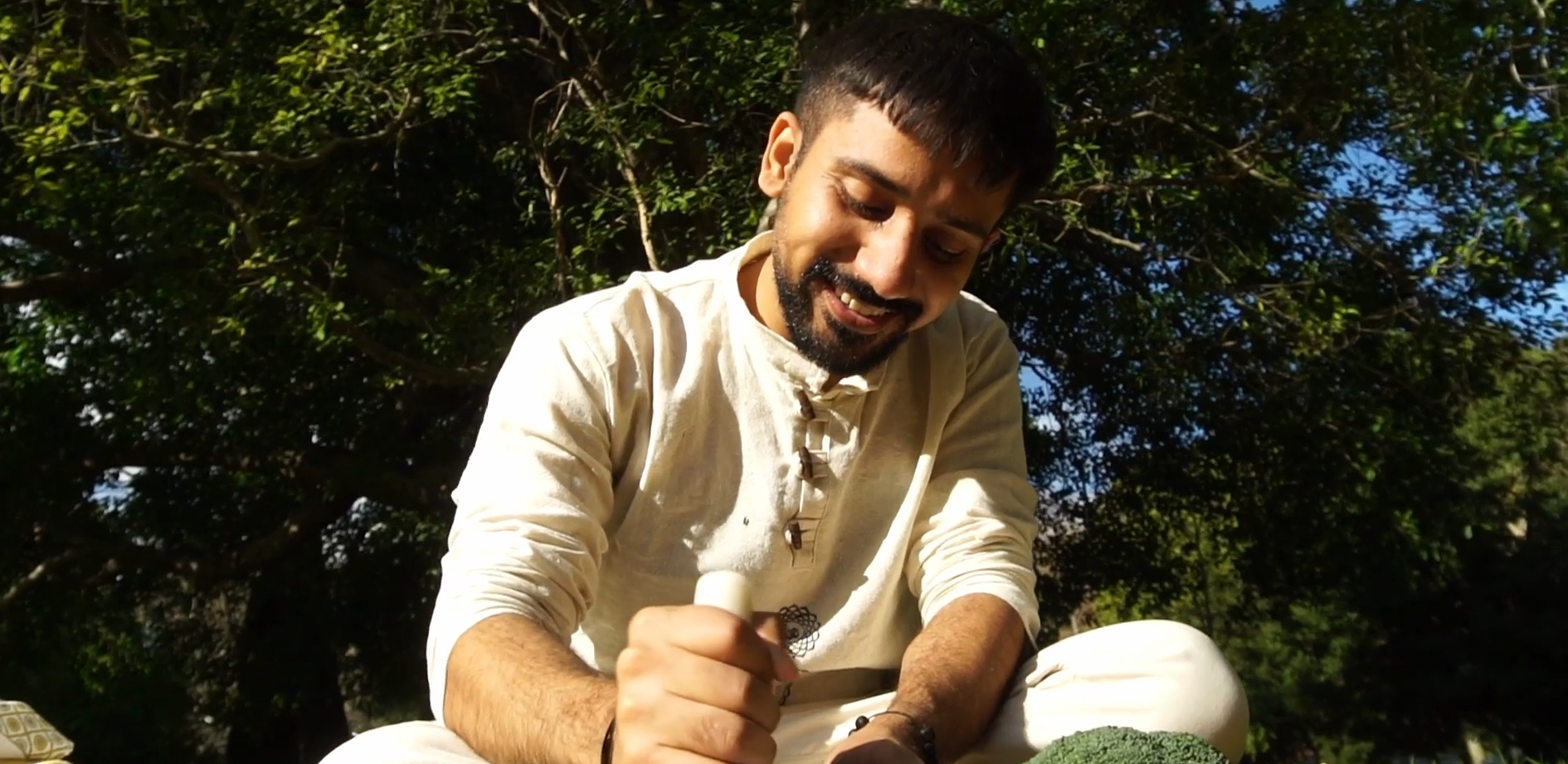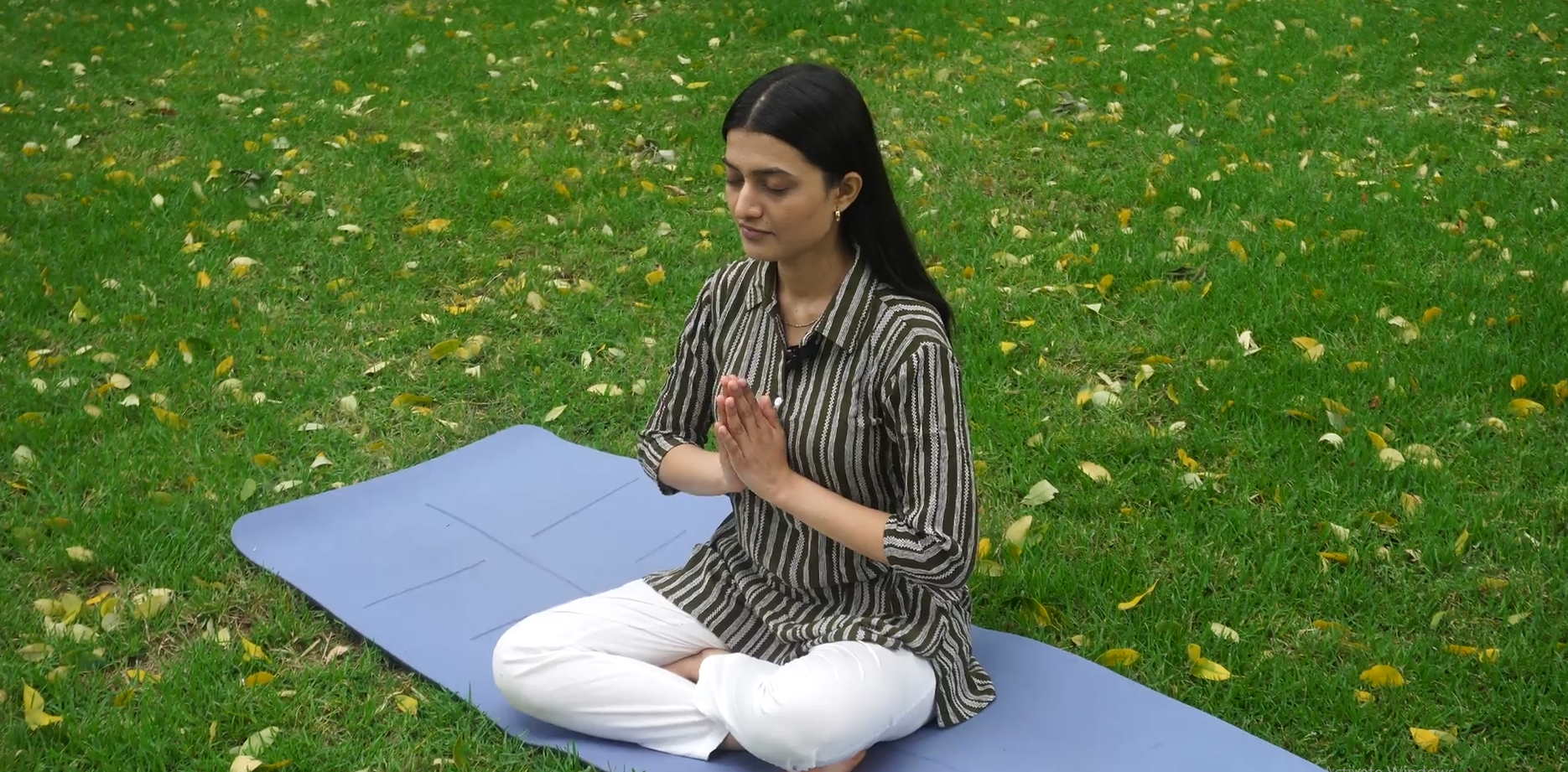We live in a world of constant notifications, deadlines, and never-ending to-do lists. Our minds are pulled in a thousand directions, and we often feel like we're running on autopilot, disconnected from the present moment.
But what if I told you that just 10 minutes a day could transform your relationship with stress, improve your focus, and bring a sense of calm to your daily life?
That's the power of mindfulness.
What Is Mindfulness, Really?
Mindfulness isn't about emptying your mind or achieving some zen-like state. It's simply the practice of paying attention to the present moment with curiosity and kindness, rather than judgment.
Think of it as training your mind to be where your body is – right here, right now.
The Science Behind Mindfulness
The research on mindfulness is overwhelming. Studies show that regular practice can:
Reduce stress and anxiety: Mindfulness activates the parasympathetic nervous system, our body's "rest and digest" mode.
Improve focus and concentration: Regular practice strengthens the prefrontal cortex, the brain region responsible for attention and decision-making.
Enhance emotional regulation: Mindfulness helps create space between stimulus and response, allowing us to choose how we react.
Boost immune function: Chronic stress weakens immunity; mindfulness helps reverse this effect.
Improve sleep quality: A calm mind leads to more restful sleep.
My Personal Journey with Mindfulness
I'll be honest – when I first heard about mindfulness, I was skeptical. As a physiotherapist, I was used to tangible, measurable results. How could sitting quietly possibly help my patients or myself?
But after experiencing burnout and feeling constantly overwhelmed, I decided to give it a try.
The first week was challenging. My mind wandered constantly. I felt restless, impatient, and wondered if I was "doing it wrong."
But by week three, something shifted. I noticed I was less reactive to stressful situations. I could focus better during patient sessions. I felt more present with my family.
By week eight, mindfulness had become as essential to my daily routine as brushing my teeth.
A Simple 5-Minute Daily Practice
You don't need hours of meditation or a special cushion. Here's a simple practice you can start today:
Minute 1: Settle In - Find a comfortable position, sitting or lying down - Close your eyes or soften your gaze - Take three deep breaths
Minutes 2-3: Body Awareness - Slowly scan your body from head to toe - Notice any areas of tension or relaxation - Don't try to change anything, just observe
Minute 4: Breath Focus - Bring attention to your natural breath - Feel the sensation of air entering and leaving your nostrils - When your mind wanders (and it will), gently return to the breath
Minute 5: Gratitude - Think of three things you're grateful for today - They can be big or small – a warm cup of tea, a friend's text, your health - End with an intention for your day
Common Misconceptions
"I can't meditate because my mind is too busy." A busy mind is exactly why you need mindfulness! The goal isn't to stop thoughts but to notice them without getting caught up in them.
"I don't have time." If you don't have 5 minutes for your mental health, you probably need mindfulness more than anyone.
"It's too woo-woo for me." Mindfulness is backed by decades of scientific research. It's as practical as physical exercise – just for your mind.
Making It Stick
Start small: Begin with just 2-3 minutes daily.
Be consistent: Same time, same place helps build the habit.
Use apps if helpful: Headspace, Calm, or Insight Timer can provide guidance.
Be patient with yourself: Some days will feel easier than others, and that's completely normal.
Track your practice: Notice how you feel before and after mindfulness sessions.
The Ripple Effect
What I love most about mindfulness is how it extends beyond the practice itself. When you're more present and aware, you:
- Make better food choices because you're tuned into your body's signals
- Communicate more effectively because you're truly listening
- Enjoy simple pleasures more fully
- Respond to challenges with greater clarity and calm
Your Invitation to Begin
Mindfulness isn't about perfection – it's about practice. It's about showing up for yourself, even when it feels difficult.
Your mind is your most valuable asset. Isn't it worth investing 5 minutes a day to take care of it?
Start today. Start now. Your future self will thank you.




